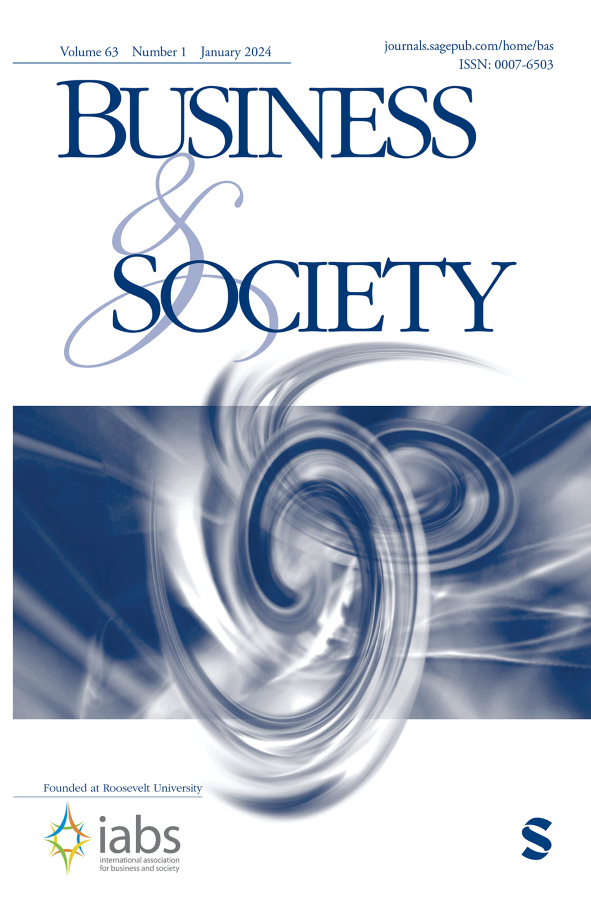协作消费者可以成为道德消费者:调整定义问题测试以理解协作消费市场中的道德推理
IF 6
3区 管理学
Q1 BUSINESS
引用次数: 0
摘要
像节省食物和购买旧衣服这样的协作消费活动是可持续消费行为中重要且快速增长的一部分。许多政治和商业活动通过强调规范动机的子集(如可持续、社会和生态效应)来促进协作消费实践。然而,消费者是否能理解这些说法并将其纳入决策过程尚不清楚。本文为道德消费者研究引入了一种新的实验研究设计——定义问题测试的一个改编版本,它能够评估消费者在协作消费环境中认知和直觉理解道德争论的能力。实验对象为N = 435名来自德国的合作消费者。研究结果表明,在不同的协作消费环境中,消费者认为不同的道德论点是重要的。此外,研究结果还表明,消费者可以将提供者的观点纳入他们的道德判断。本文章由计算机程序翻译,如有差异,请以英文原文为准。
Collaborative Consumers Can Be Ethical Consumers: Adapting the Defining Issues Test to Understand Ethical Reasoning in Collaborative Consumption Markets
Collaborative consumption activities like saving food and buying used clothes are an important and rapidly growing part of sustainable consumer behavior. Many political and commercial campaigns promote collaborative consumption practices by highlighting subsets of normative motives, such as sustainable, social, and ecological effects. Whether or not consumers can comprehend these claims and incorporate them into their decision-making process is, however, unclear. This article introduces a new experimental study design to ethical consumer research—an adapted version of the Defining Issues Test—that enables to assess consumers’ ability to cognitively and intuitively understand moral arguments in collaborative consumption contexts. The experiment was conducted with N = 435 collaborative consumers from Germany. The findings indicate that in different collaborative consumption contexts, consumers consider different moral arguments as important. Furthermore, the findings also indicate that consumers can incorporate the provider’s point of view in their moral judgment.
求助全文
通过发布文献求助,成功后即可免费获取论文全文。
去求助
来源期刊

Business & Society
BUSINESS-
CiteScore
14.80
自引率
11.40%
发文量
56
期刊介绍:
Business & Society publishes original research, book reviews, and dissertation abstracts relating to business ethics, business-government relations, corporate governance, corporate social performance, and environmental-management issues. Manuscripts relating to the field of business and society in general are also published. Submissions of theoretical/ conceptual work as well as empirical studies are encouraged. Business & Society is the first peer-reviewed scholarly publication devoted exclusively to the field of business and society, and it is the official journal of the International Association for Business and Society (I.A.B.S.), the only independent professional association dedicated to business and society teaching and research.
 求助内容:
求助内容: 应助结果提醒方式:
应助结果提醒方式:


